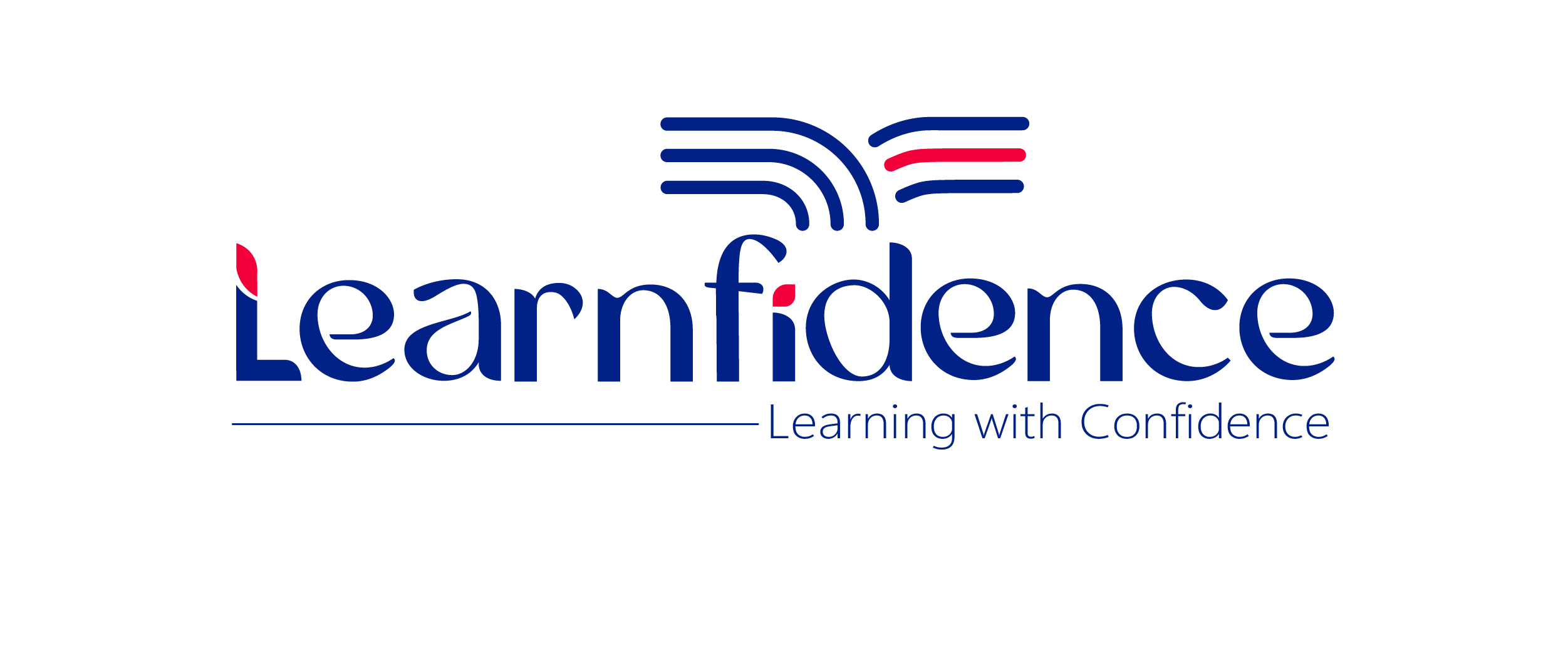Parenting nowadays isn’t the same as it was few years ago. Children are experiencing a rapidly evolving screen-based, pressurized, comparison-based and information-heavy world with huge load of information. Most of the parents in Kerala are trying their best, but they are still confused, weary, or not sure how to go at certain times. Enrolling in an online parenting course in Kerala provides parents with the proper tools, understanding, and assurance to raise emotionally sound and balanced children without judgment or pressure.
The truth is that there is no parenting instruction book. While loving your child is a natural thing to do, dealing with their emotions, behavior, discipline, communication, etc. also takes learning too. This is the reason why many parents are currently choosing organized guidance via online learning. Every parent wants to give the best for their child. However, most parents often ask themselves:
- Am I handling this right?
- Why doesn’t my child listen?
- How do I cope with anger, screen time or school stress?
- Why is it so confusing to be a parent?
These are good questions. Parenting is not about being perfect, it’s always been about empathy. Online parenting classes help parents become more emotionally aware, gain practical parenting skills, and find more effective ways to relate to their children.
One of the greatest advantages of online courses are that they are flexible, respect the students’ privacy and they can take the classes from the comfort of their own homes.
Why Choose Online Parenting Course in Kerala?
An Online parenting course is a guided learning program structured in such a way to ensure that parents get to know their children better and enhance their parenting capabilities on a day-to-day basis.
Such courses typically include such topics as:
- Emotional and child behaviour.
- Positive disciplinary approaches.
- Interaction with children.
- Managing stress as a parent
- Developing healthy parent-child relationships.
Online parenting course in Kerala are not based on advice by friends, family members, or via social media. These courses are professional, structured, and practical. Parents learn step-by-step guidance and apply what they learn in real life.
The Importance of Parenting Skills in Today’s World
Today’s children have a lot of pressures to deal with – their academic pressures, peer comparison, screen addiction and emotional overload. Meanwhile, the parents are balancing work and domestic chores plus personal stress.
Without the right parenting skills:
- Minor things become conflicts on a daily basis.
- Communication breaks down
- Parents start feeling guilty or frustrated.
- Children experience feelings of misunderstanding.
The parenting skills enable parents to remain composed, be thoughtful, and coach children instead of behaving emotionally. Children feel secure and more confident when their parents become more emotionally attached.
Key Advantages of a Online Parenting Course
The online parenting classes have various benefits especially for parents living in Kerala.
- Learn at Your Own Pace
Parents can watch sessions when it suits them – early morning, late evening or even during weekends. There is no need to rush or complete the course under any pressure.
- Practical Solutions, Not Theory.
Rather than focusing on textbook theories, our classes address practical problems including tantrums, homework struggles, emotional meltdowns, and mobile phone use.
- Private and Comfortable
A lot of parents hesitate to ask questions in front of people. Online learning enables parents to learn privately, without being judged.
- Better Emotional Control
Parents also get to know how to deal with their own stress and emotions. This will help them deal with their children in a better way.
- Stronger Parent-Child Bond
Children are heard and understood when the communication grows between them and their parents. This builds trust and intimacy.
Benefits of Online Parenting Courses for Busy Parents
Modern parents are busy. Even with work, school routines, and family obligations, finding time for self-learning feels impossible. This is where online courses help:
They:
- Remove travel time
- Fit into daily routines
- Permit lessons to be re-watched.
- Reduce mental overload
Rather than spending time in the long workshops or seminars, parents can learn in small steps, which are manageable and at the comfort of their homes.
Who Should Take The Online Parenting Course?
Online parenting course in Kerala is useful in:
- New parents who feel unsure
- Parents with toddlers with behaviour issues.
- Parents of school-going children.
- Parents who are struggling with communication problems.
- Parents who are exhausted emotionally or stressed.
There is no “right age” for this kind of education. Each phase of parenting comes with its own set of challenges, and a little know-how can make the connection between you and your child stronger.
Why Choose Learnfidence for Online Parenting Course
Learnfidence understands that parenting is a very personal matter. That’s why our approach is supportive, practical and judgment-free. That said, here are a few reasons why parents believe in us:
- Simple, easy-to-understand guidance: We use simple language with relatable examples so any parent can understand easily.
- Expert-Led Programs: Professionals that know about child behaviour, emotions and family dynamics design the courses.
- Kerala-Friendly Approach: The programs of Learnfidence are applicable to the parents in Kerala keeping in mind the cultural sensitivity and family situations in mind.
- Emphasize on Emotional Well-being: This is not aimed at producing obedient children, but emotionally healthy families.
Learnfidence is a structured online parenting course in Kerala that helps parents tackle real life situations.
How To Get Started with an Online Course in Parenting
Getting started with our course is simple:
- Visit our website or walk-in to our center.
- Take a look at our parenting program.
- Learn at your own time from the comfort of your home
No complicated steps. No pressure. Just guided learning and support.
Conclusion
One of the biggest roles of life is parenting. Sadly, most of the parents are supposed to learn all by themselves. Remember, seeking advice isn’t that you are a bad parent, it means you love your child enough. An online parenting course in Kerala enables parents to learn patience, empathy and self-assurance. It leads to healthier homes, happier kids, and less frazzled parents.
For parents who would like to evolve with their children, we offer a safe, practical, and nurturing environment. Children who feel safe, secure, and emotionally strong grow up to be confident children which is a direct result of parents who understand their child and respond to them with care and support. Good parenting isn’t about having all the answers — it’s about learning, adapting, and evolving together.











